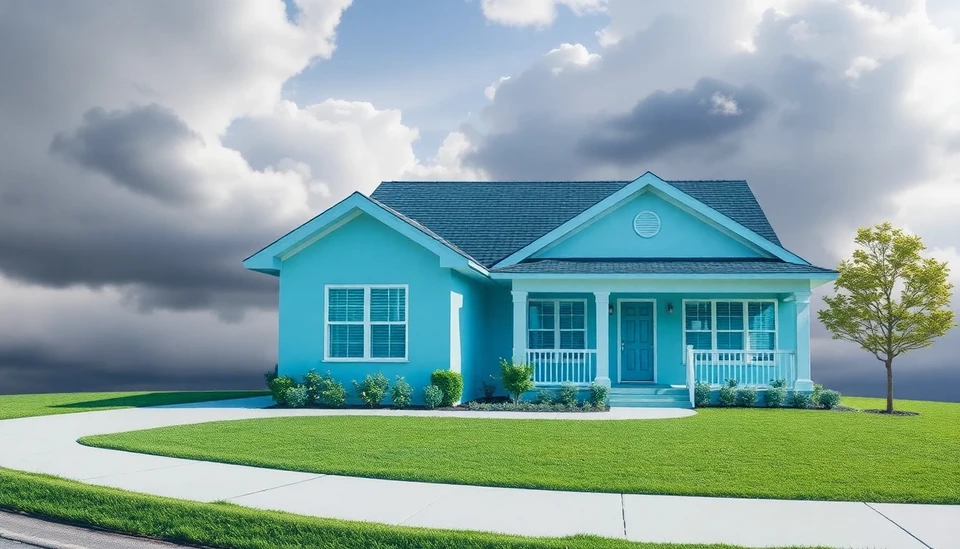
As the year 2024 approaches, a critical situation is unfolding within the home insurance sector that could have devastating effects on the real estate market. Rising insurance premiums, paired with increasing natural disaster risks, are driving many homeowners to either underinsure their properties or abandon them altogether. This phenomenon is snowballing into a potential housing crisis, raising alarm bells among industry professionals and homeowners alike.
Climate change is at the forefront of these concerns, as extreme weather events become more frequent and severe. From hurricanes in the Gulf Coast to wildfires in California, the insurance industry is facing substantial pressure to adapt to the ever-evolving landscape of risk. Insurers are responding by sharply increasing premiums, withdrawing coverage from high-risk areas, and implementing stricter underwriting criteria, effectively pricing many homeowners out of the market.
According to recent findings, some homeowners have seen their insurance rates more than double within just a few years, prompting them to consider drastic measures such as cutting back on coverage or even selling their homes. This trend is especially prominent in regions that are prone to natural disasters, creating a cycle of affordability challenges that could lead to widespread instability in property values.
In tandem with the rise of home insurance costs, mortgage lenders are also tightening their requirements, making it more difficult for those in high-risk zones to secure loans. This dual pressure could shrink the pool of potential homebuyers, heightening the risk of long-term economic repercussions. With fewer buyers entering the market, property values may plummet, leading to a cascading effect on neighborhoods and local economies.
Experts warn that the ongoing crisis could significantly exacerbate housing disparities, especially affecting lower-income households that are least able to absorb higher insurance costs or find alternative housing options. The real estate market is on the brink, with significant repercussions for community stability and development.
The implications extend beyond individual homeowners. A collapsing home insurance market could pose significant risks to the entire U.S. economy. As the foundation of the housing sector weakens, the ripple effects could extend to banks, investors, and local governments, potentially prompting a broader financial crisis. Stakeholders are being urged to seek solutions including government intervention, innovative insurance models, and more resilient building practices to mitigate climate risks.
As we stand on the precipice of this potentially dire situation, the question remains: how will the home insurance market adapt in the face of climate change? The answers will be critical in determining the future of homeownership, insurance availability, and real estate values across the nation.
Homeowners, industry leaders, and policymakers must come together to navigate this tumultuous landscape as the stakes have never been higher. The intersection of climate resilience and insurance reform will be pivotal in shaping sustainable solutions to the impending crisis.
#HomeInsuranceCrisis #RealEstate #ClimateChange #HousingMarket #InsuranceReform #EconomicImpact
Author: Peter Collins




